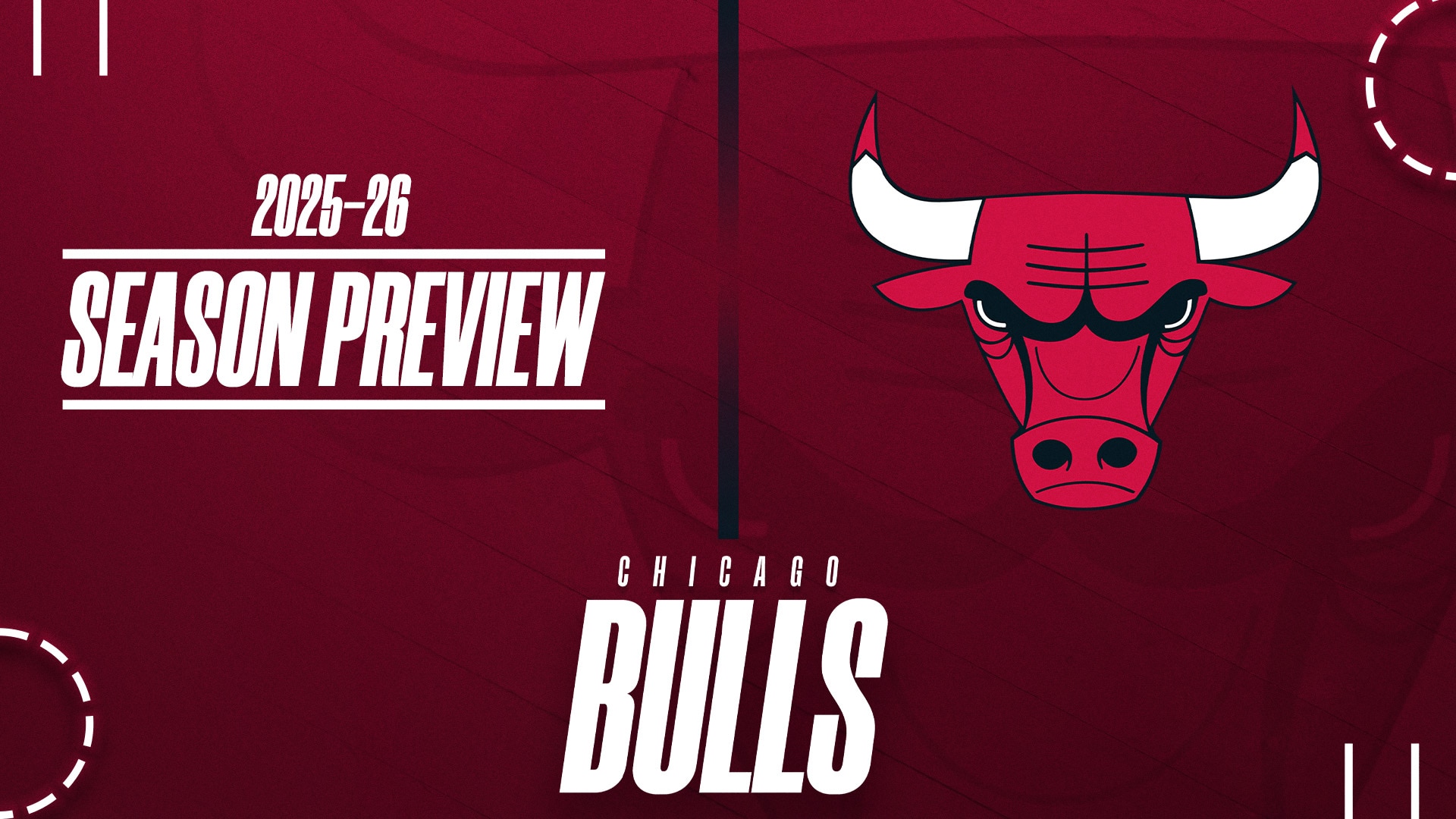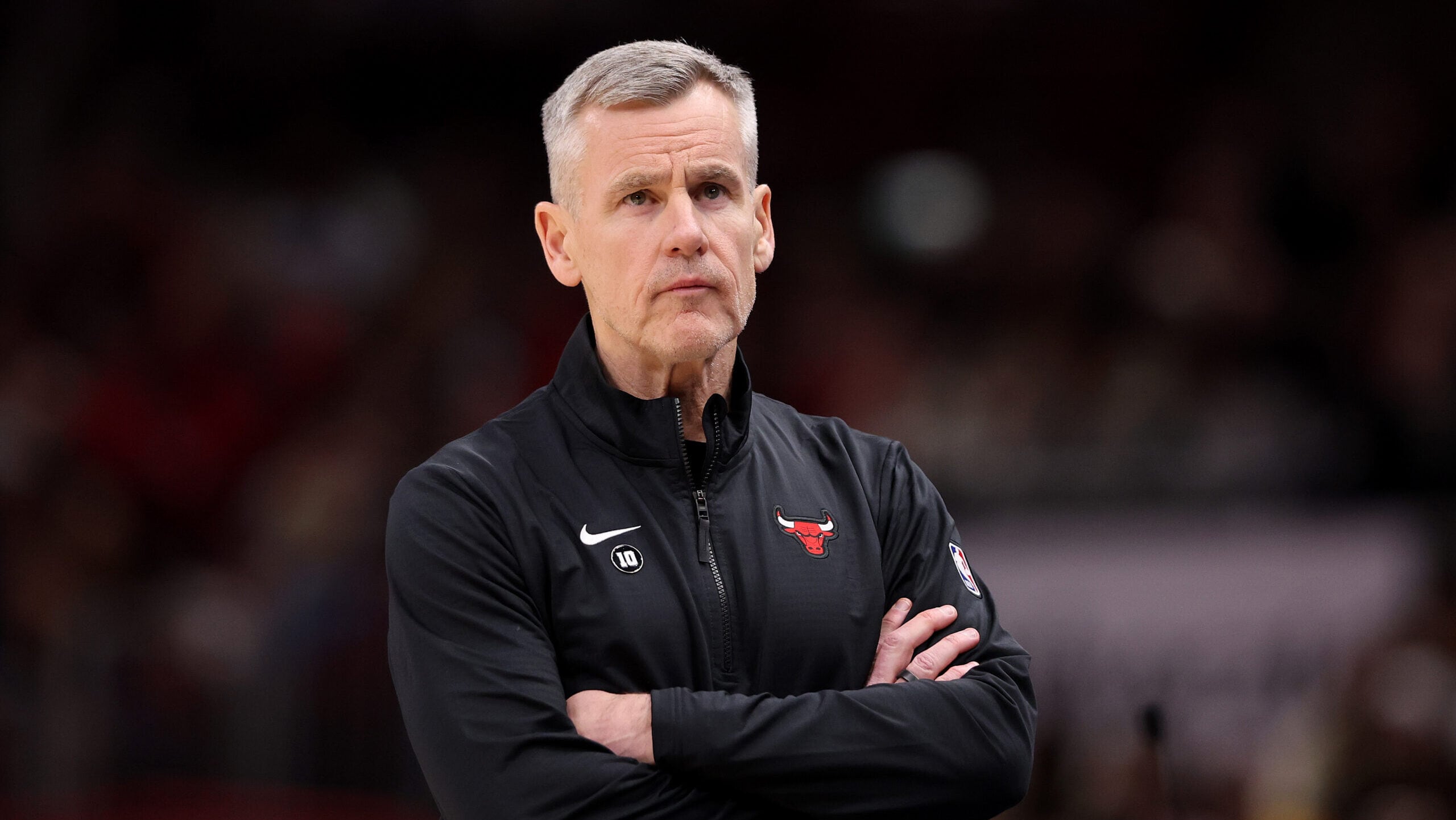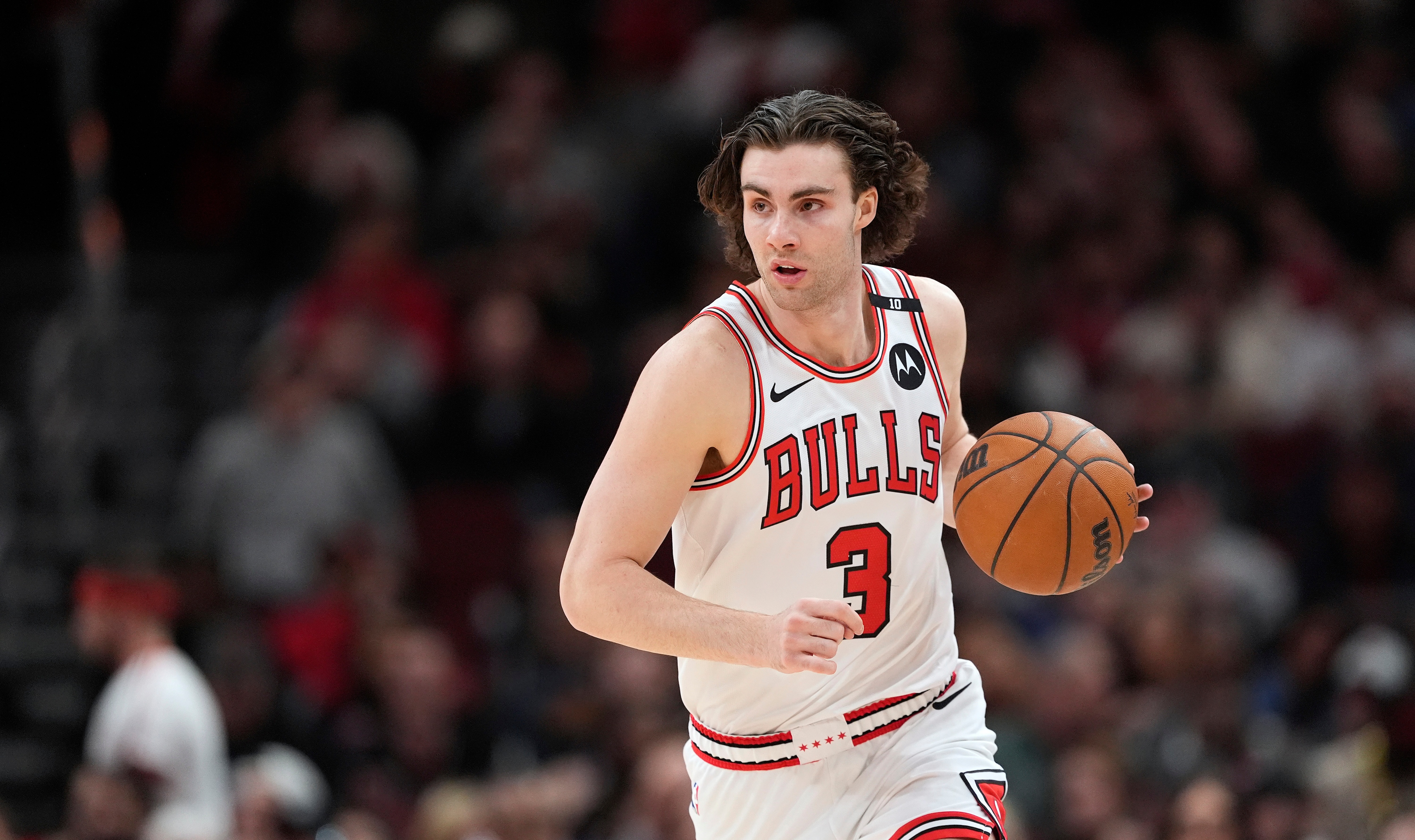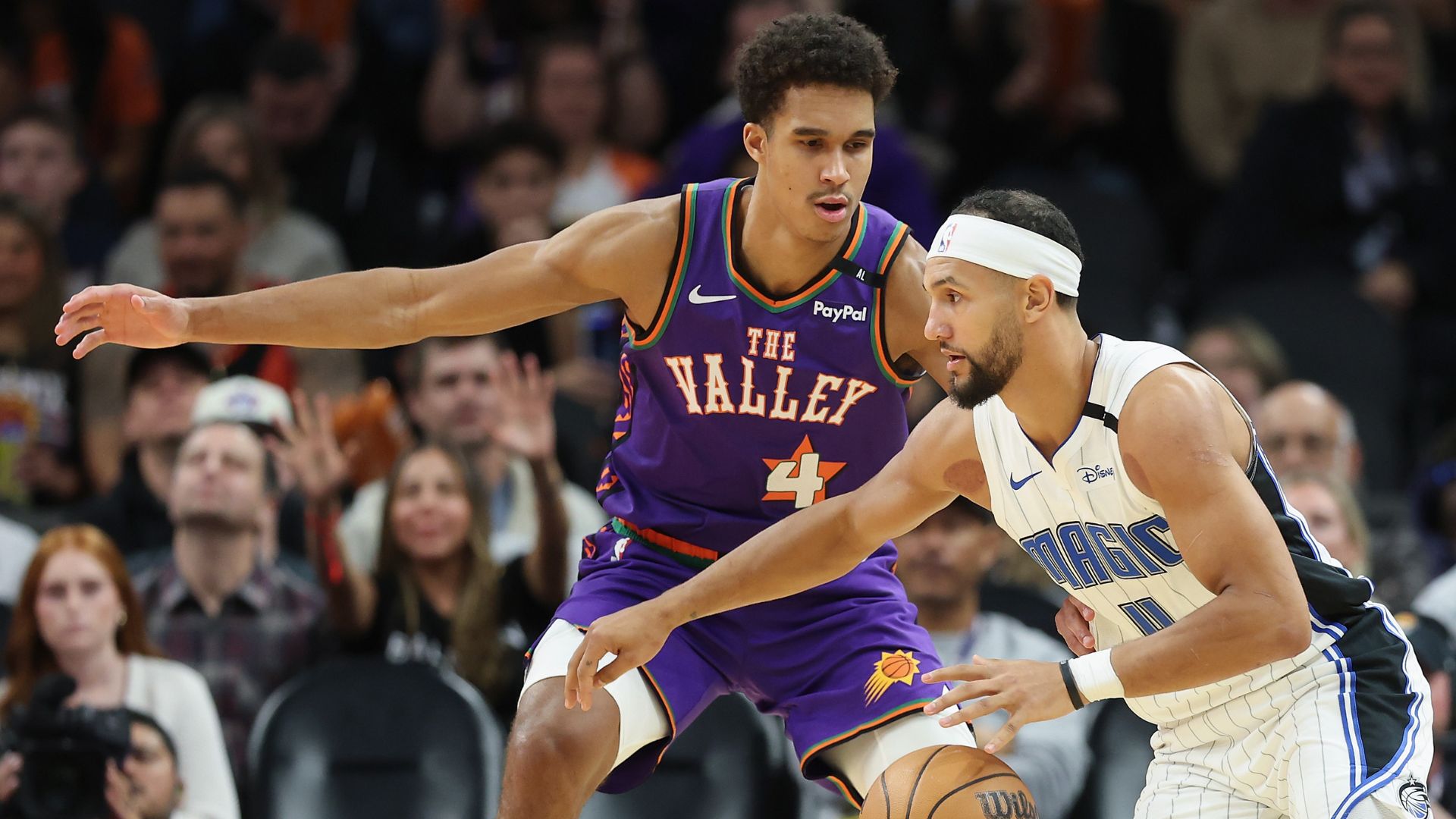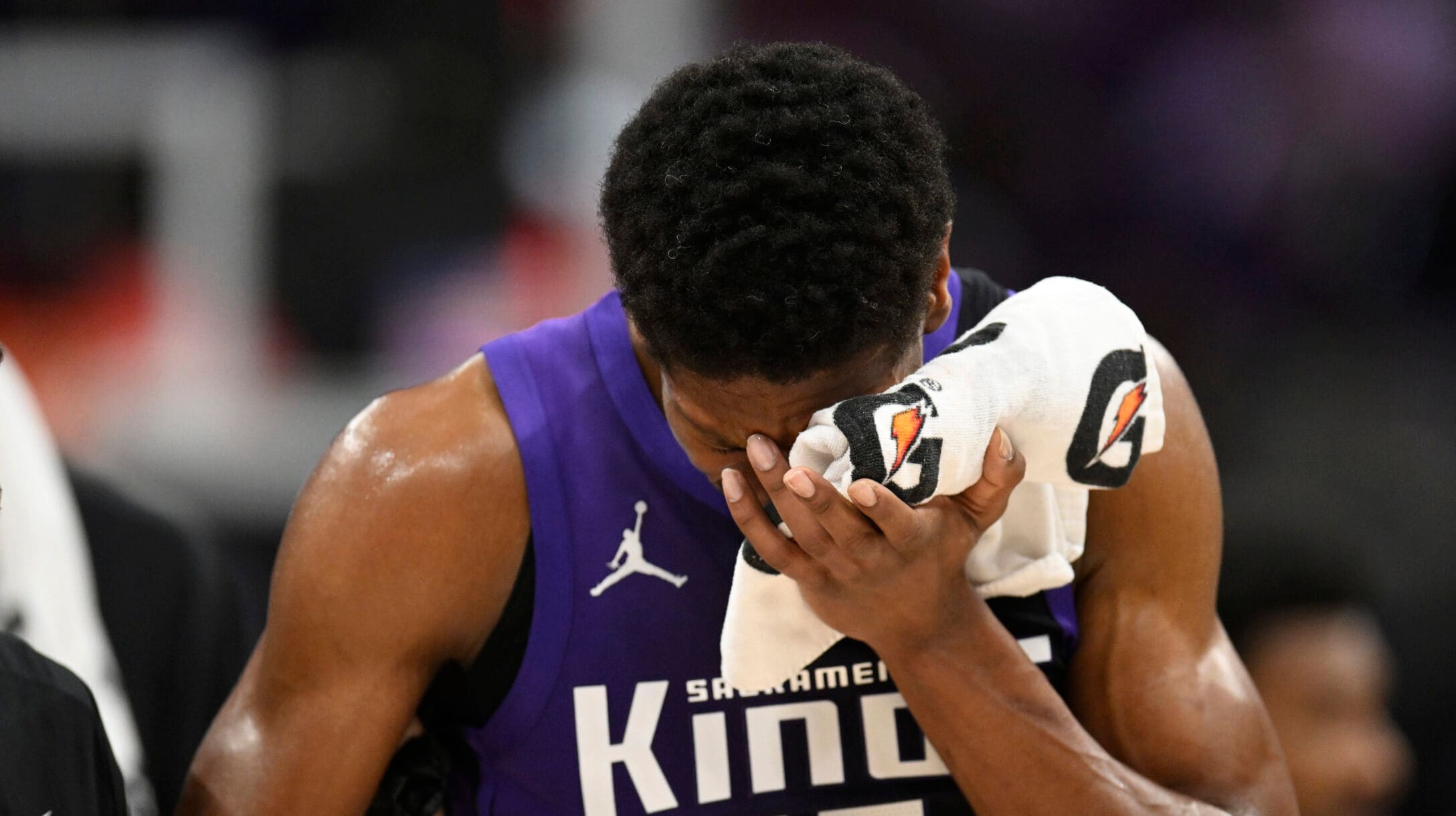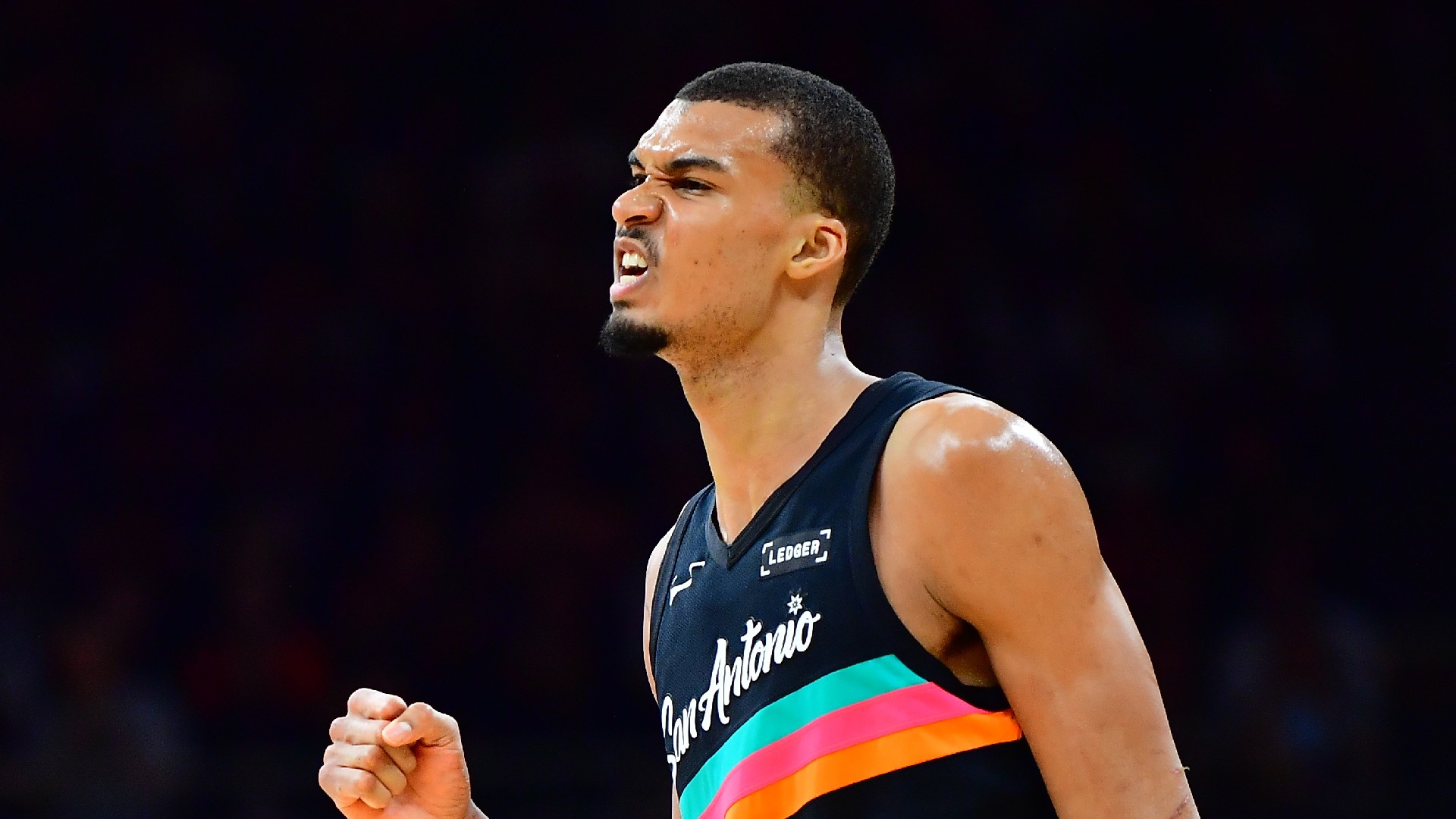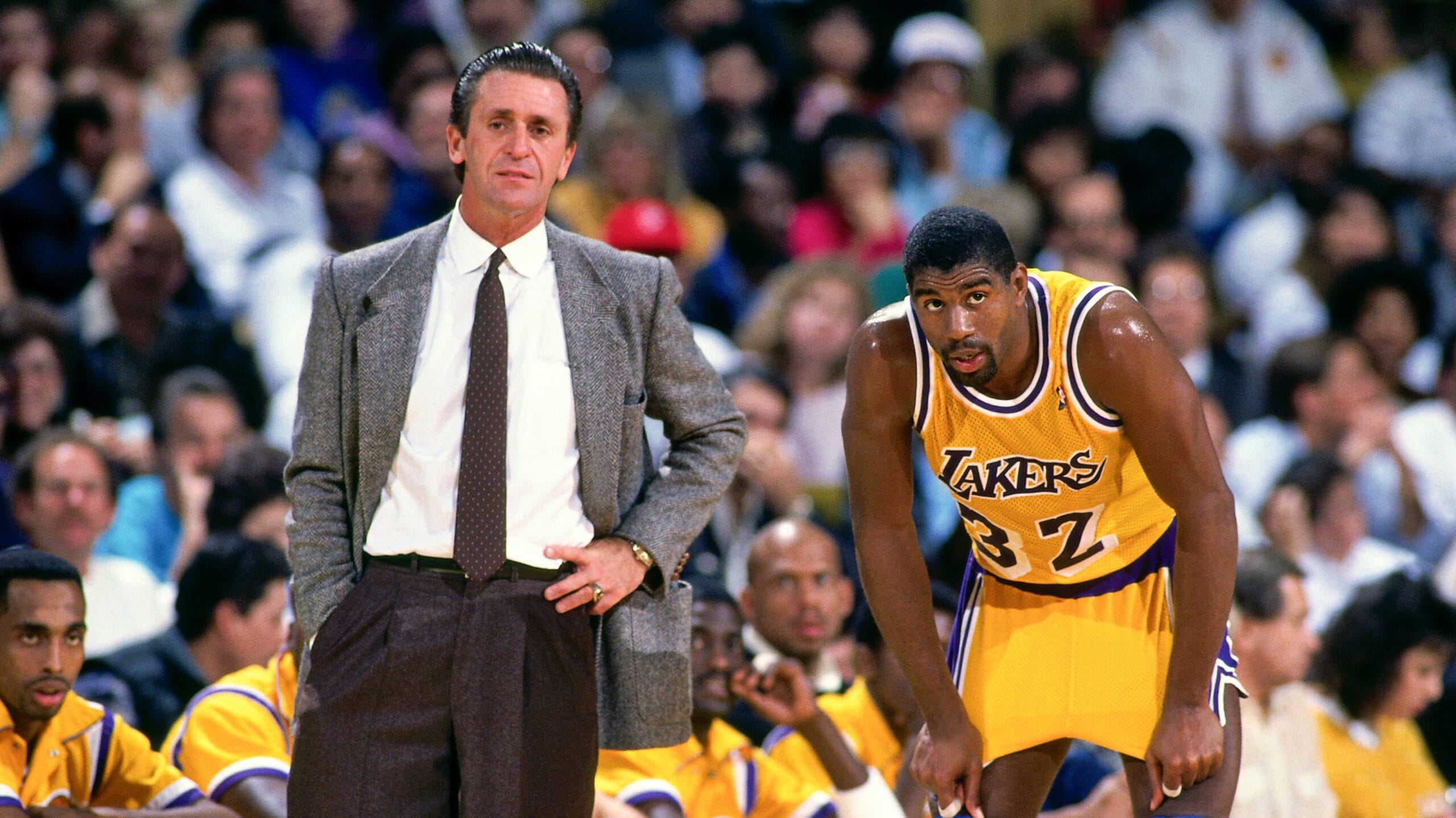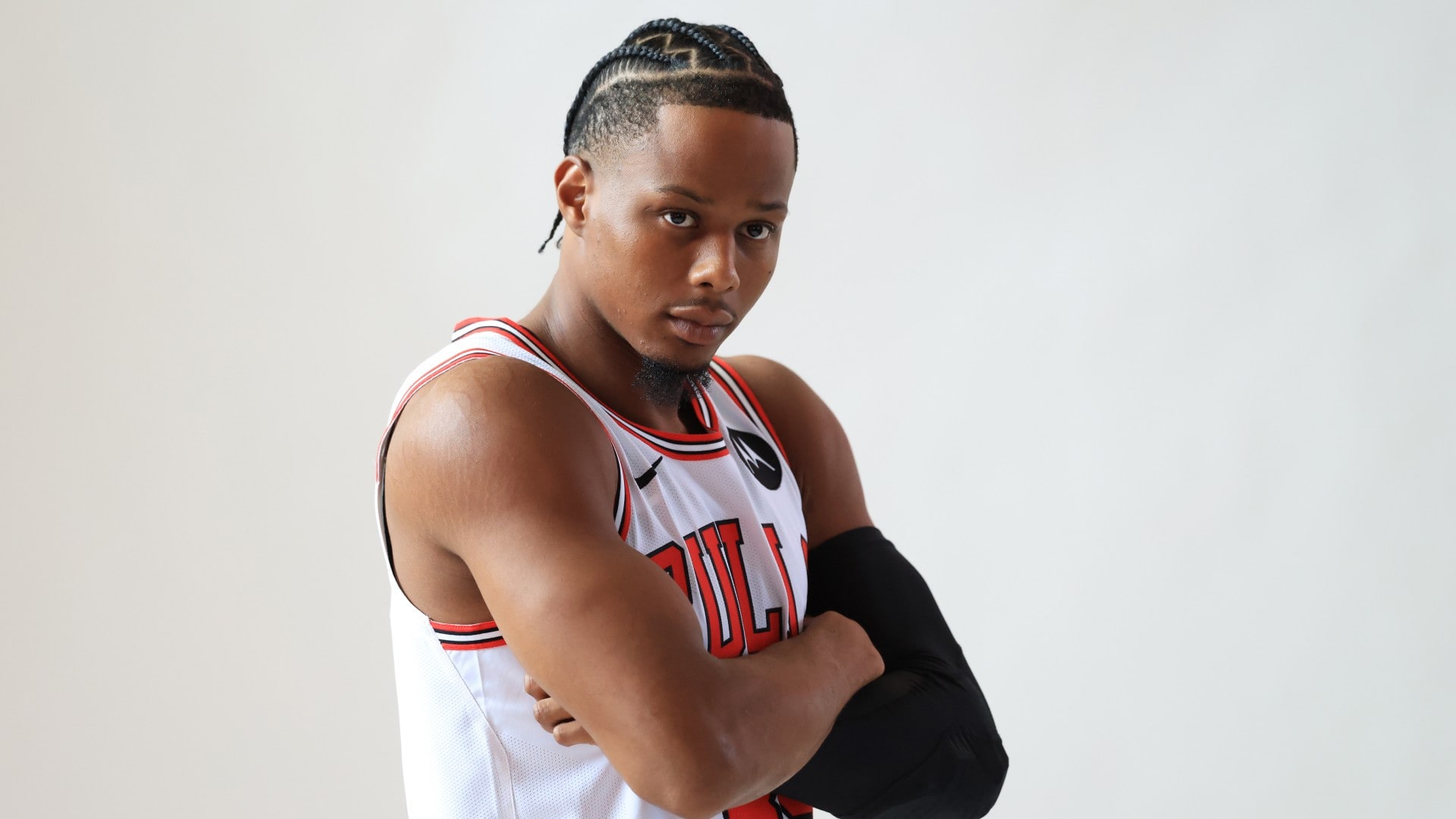
Editor’s Note: Read more NBA coverage from The Athletic here. The views on this page do not necessarily reflect the views of the NBA or its teams.
***
CHICAGO — Isaac Okoro has been countlessly linked to the upheaval. For every mention of the Chicago Bulls’ trek toward toughness, of their hopes to stiffen the chests in the building and ignite a defensive revamp, Okoro has been the footnote.
The mention of physicality — in the running with “charge” for the most overused word during training camp — has often elicited his name.
Both sides have their assignments. The Bulls, now younger and without convincing direction, are continuing to seek identity. Okoro, the 24-year-old who was traded from the Cleveland Cavaliers this summer, is hoping to alter his leaguewide image.
He was drafted in 2020 for his defensive toughness and the ability to force himself into the orbits of significant ballhandlers. It was the other blanks — his consistency as a spot-up shooter, his offensive viability in the half court — that saw him drift from Cleveland’s plans.
In five seasons with the Cavaliers, Okoro started in 71.2 percent of his appearances, including 22 of the 55 games played a season ago. But in the postseason, when No. 1-seeded Cleveland’s path toward contention was cut short by the Indiana Pacers in a second-round series, Okoro’s minutes dipped to 14.2 per game, down from a career-low 19.1 in the regular season.
“I think for both parties, (Cleveland) probably wanted to change. … For me, I wanted to change,” Okoro told The Athletic in September. “Of course, it was hard for both of us to be apart, because that’s where I was drafted to. But in this business, changes happen. Things like this, I look at as a blessing because I’m able to rebrand myself.
“(It’s) a new chance for me to come to this team and bring a leadership that I’ve learned (from) five years in Cleveland and try to help the team with the things I’ve learned throughout the years.”
From J.B. Bickerstaff, his first NBA coach, Okoro noted he learned how to set the tone with physicality and deliver the first blow. From coach Kenny Atkinson, he learned offensive creativity and screening angles. From Donovan Mitchell, he learned preparation and rehabilitation, both physically and mentally.
In Chicago, he’ll require each page of notes. His muscles will be worn to the fiber, asked to consistently chase and brake and crowd some of the league’s best perimeter players. Gone is the insurance of daunting rim protectors like Evan Mobley and Jarrett Allen. Okoro is the Bulls’ keynote stopper, which bears a more strenuous weight than this kind of low-pressure environment should guarantee.
But if nothing else, this new environment should give Okoro breathing room to find his footing on the other end.
Okoro knew the Bulls were fast. Then he spent time with his new teammates during organized team activities in Miami earlier in the summer, runs that featured a 14-second shot clock instituted by coach Billy Donovan.
“We were just running,” Okoro said, seemingly out of breath even as he recalled the sessions.
Chicago has speed bottled up by now. Now it needs order. Precision. Clean decision-making powered by young legs and fiery wills. More opportunities that Donovan hopes stem from disruption, ball control and, yes, charges.
The shift is partly personnel (a lack of formidable shot blockers, or anyone aerial for that matter), but Okoro has seemingly injected belief — at least as far as training camp faith goes — that this proclivity for charges could be sustainable, perhaps even contagious. His first as a member of the Bulls came Day 1 of camp. That sacrifice of torso, which Donovan pointed to last postseason as a throughline for contenders and their willingness to make winning plays, is being underscored with his aid.
First look at Isaac Okoro in a Bulls jersey 👀 pic.twitter.com/7I8uYiqouH
— Chicago Bulls (@chicagobulls) July 12, 2025
A sixth season places Okoro, youthful by most accounts, with significant experience amid this adolescent movement. That he’s seen so many of the league’s pictures should be a guiding hand, one that hopes his instruction permeates a core whose NBA frontal lobes have yet to entirely develop.
Who better to enable than Matas Buzelis, a prized upstart who’s already requested that the staff coach him like an All-Defensive player.
“He’s taking more pride on the defensive side, which I’m for sure gonna help him with during the season,” Okoro said. “Just being more physical on the defensive side. But you can tell he’s definitely been working on being more physical and more defensive-minded.”
From the core he grew up with in Cleveland, Okoro learned how to feed development. He also learned to recognize who’s worth the investment.
“I feel like he can be an All-Star,” Okoro said of Buzelis. “I feel like he can be a franchise player for the Chicago Bulls. He has all the talent in the world to do that. So I believe in him.”
Okoro looks around Chicago’s facilities and sees a fresh canvas. The lighthearted-yet-resolute Buzelis is verbally shouldering whatever’s next for the franchise. Coby White will keep him running. If Okoro plays his cards right (and follows through on his jumper), Josh Giddey should improve his reliability as an offensive player.
As is the unspoken rule of preseason, especially for new additions, Okoro hasn’t campaigned for the Bulls’ presumably open fifth starting slot. “Whatever helps this team, I’m down for it,” he said. But Okoro should have room to develop in this next chapter — both as a perimeter anchor and a reliable offensive player — without the urgency of a contending rotation.
Any calls concerning postseason expectations are coming from inside the house.
“This group is hungry,” Okoro said. “We want to make it to the playoffs. We feel like we’re the underdogs and that every game we step into, we have to prove and show everyone that we’re amongst the top teams in the East. I think truly that we are one of the top teams in the East.”
Okoro’s immediate challenge will be to continue thwarting the league’s best guards and wings without the surrounding help he once had. To exert brute force without apprehension. To raise the ceiling of a defense trying to solidify a reputation in the first place.
Can one perimeter player alone do so?
“I think he can, because there are things that he’s really good at that we need to get better at,” Donovan said. “I think there’s an example that those guys can look at. But to put all the physicality just on him, I think there’s no way he can do that.”
Donovan isn’t asking Giddey or Kevin Huerter to transform into elite one-on-one defenders. He’s asking for something that resembles a sound team defense. Mixed coverages, connectivity, a reliance on schemes and new ways of securing possessions.
Okoro will, literally and figuratively, lead the charge.
***
Joel Lorenzi is a Staff Writer for The Athletic covering the Chicago Bulls and NBA. Prior to joining the Athletic, he covered the Oklahoma City Thunder for The Oklahoman for two seasons. He’s the recipient of the 2023 USBWA Rising Star Award. A graduate of the University of Missouri, Joel was born and raised on the West Side of Chicago. Follow Joel on Twitter @JoelXLorenzi
